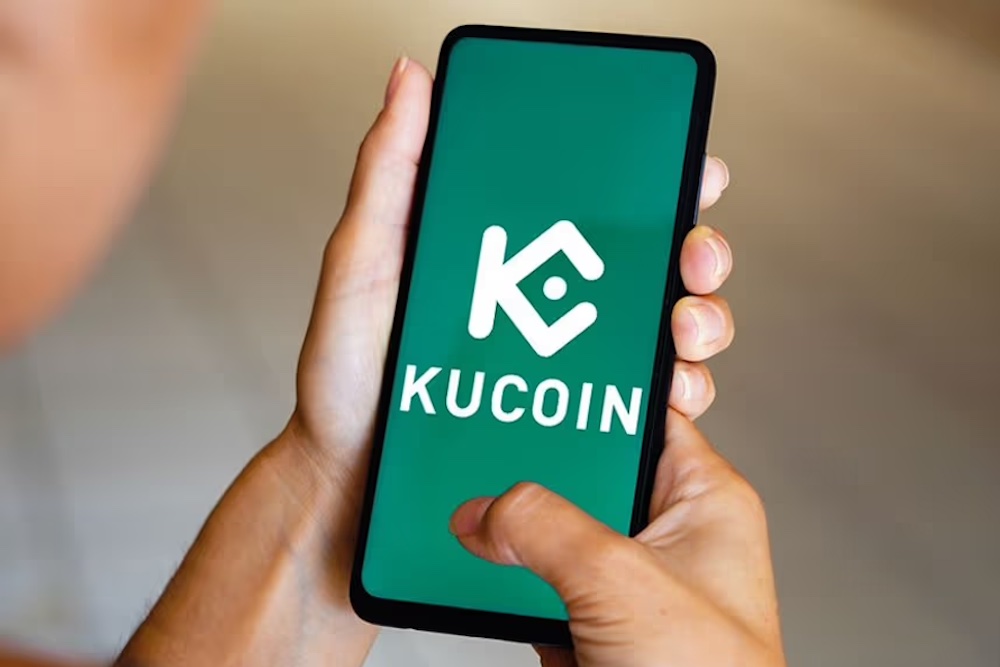KuCoin wants to start charging a 7.5% tax for users with Nigerian verification.
Amidst the ongoing issues between the Nigerian government and cryptocurrency exchanges, which have led to the banning of a few crypto firms from the Nigerian market, KuCoin has taken a significant step to continue servicing Nigerian customers. Starting Wednesday, the crypto exchange revealed a 7.5% trading tax, directly affecting its Nigerian customers.
“We will begin collecting a Value-Added Tax (“VAT“) at a rate of 7.5% on transaction fees in each trade for users whose Know Your Customer (KYC) information is registered in Nigeria,” the exchange said.
Notably, the newly implemented VAT will be applied to each trade’s transaction fees, not the transaction amount. It also applies to all transaction types on the KuCoin exchange.
This means that if a Nigerian user buys 1000 USDT worth of BTC or any other cryptocurrency, KuCoin will deduct a 0.1% fee (1 USDT). The VAT will be an additional 7.5% of the 1 USDT transaction fee, which is 0.075 USDT. So, for a 1000 USDT transaction, the system will automatically deduct 1.075 USDT, and 998.925 USDT will be the net amount for the transaction.
This tax collection will be effective starting Monday, 8th July, 2024, according to KuCoin.
Nigeria Fights Crypto Adoption
Earlier this year, the Nigerian government demanded that leading crypto exchange Binance pay the country a $10 billion fine. The government claims crypto adoption contributed to the country’s forex crisis and the Nigerian Naira crash. To this end, the country also banned crypto transactions via Nigerian banks.
Nigerian representatives also claim that Binance and a few other crypto exchanges are not legally registered in the country and are not authorized to operate, stating that they should register under the Nigerian Securities and Exchange Commission (SEC) before functioning.
Following the allegation, many other crypto exchanges in Nigeria, including KuCoin, Bybit, and OKX, have paused peer-to-peer (p2p) transactions on their respective platforms. While Bybit and Bitget have resumed p2p trading, Binance remains disturbed in Nigeria with its country representatives detained by the government.
Find Cryptocurrencies to Watch and Read Crypto News on the Go Follow CryptosToWatch on X (Twitter) Now

